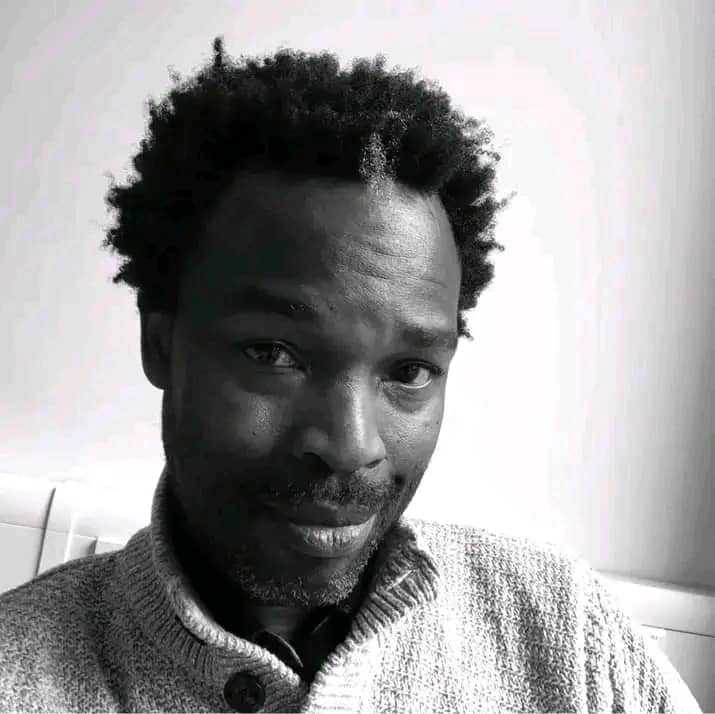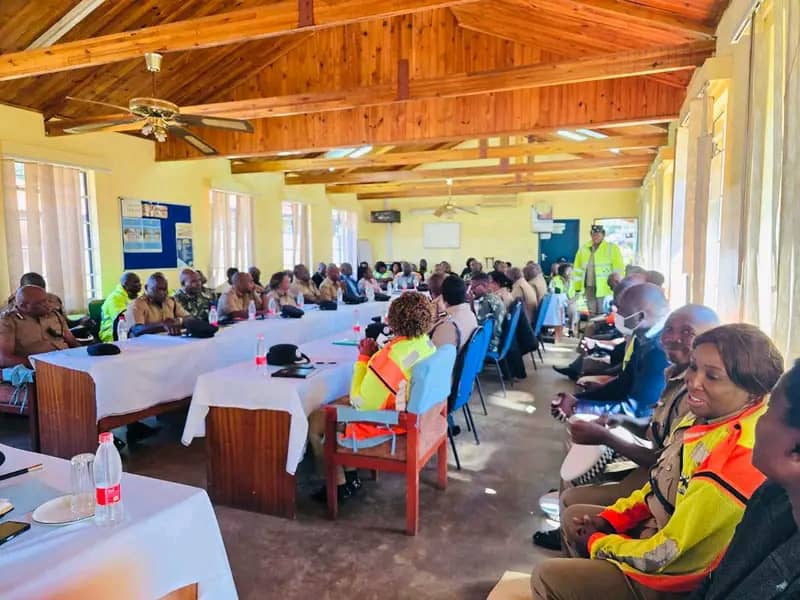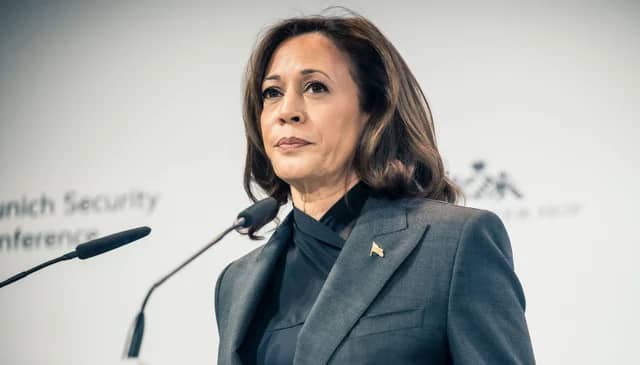By Burnett Munthali
Welcome and introduction to the interview
Good day, Jones. It’s a privilege to have you with us today as we discuss the tragic plane crash involving Vice President Saulos Chilima and the findings of the subsequent Commission of Inquiry. These events have profoundly impacted the nation, raising pressing concerns about accountability, transparency, and the safety of our leaders. As a respected social commentator, your insights will shed light on the broader implications of these incidents for Malawi’s governance and future. Let’s begin by hearing your initial thoughts.
Interview
1) Jones, when the news broke about the tragic plane crash involving Vice President Saulos Chilima, what was your first reaction? How did it impact you personally?
Jones Gadama: My first reaction was one of utter disbelief. This wasn’t just about a tragic accident; it felt like a national crisis. Personally, it was a painful reminder of how vulnerable even our highest-ranking officials are. It highlighted the urgent need for better systems to protect those in leadership.
2) From your analysis, what were the primary takeaways from the Commission of Inquiry’s findings, especially in terms of public trust in the safety of government officials?
Jones Gadama: The findings were deeply underwhelming. While the Commission cited pilot error as the cause, they failed to address systemic issues such as inadequate safety protocols and potential external interference. Public trust has been eroded because the report comes across as dismissive of deeper concerns.
3) Do you feel that the Commission’s investigation was thorough enough, or do you believe that it missed key areas that should have been addressed?
Jones Gadama: It missed critical areas. For instance, why was there no consideration of sabotage or mechanical failure as possibilities? The inquiry felt rushed and predetermined. The nation deserves an investigation that leaves no stone unturned.
4) After reviewing the inquiry’s report, do you think that the government and the Commission have provided the Malawian public with the clarity they need regarding the crash, or are there still gaps?
Jones Gadama: The gaps are glaring. The public has been left with more questions than answers. For instance, why was the plane reportedly not subjected to a thorough safety check before takeoff? Clarity remains elusive.
5) In your opinion, how has the government responded to the Commission’s findings? Would you describe the response as appropriate and timely, or have there been shortcomings?
Jones Gadama: The government’s response has been sluggish and inadequate. They appear more focused on damage control than addressing the real issues. This lack of urgency undermines public confidence.
6) Do you suspect that external factors or foul play could have contributed to the crash, or do you consider it to be purely an accident?
Jones Gadama: It’s hard not to consider foul play, given the political climate in Malawi. The lack of transparency in the investigation only fuels suspicions. I wouldn’t rule out external factors until a more credible inquiry is conducted.
7) Based on the Commission’s findings, what steps should the government take to guarantee the safety of high-profile officials in the future?
Jones Gadama: First, they need to overhaul safety protocols for official transportation. Second, invest in thorough training for pilots and maintenance crews. Lastly, there must be independent oversight to ensure compliance with international safety standards.
8) Why do you think transparency in cases like this is so crucial, and what is the significance of the public knowing the complete truth about this incident?
Jones Gadama: Transparency builds trust. When the truth is hidden, people lose faith in their leaders and institutions. Knowing the full story about the crash is crucial for healing and for preventing similar tragedies.
9) Do you think that political dynamics have influenced the way the investigation into the crash has been conducted or the way the findings are being communicated?
Jones Gadama: Absolutely. Politics is written all over this. The investigation appears compromised, possibly to shield certain individuals or entities. It’s a sad reflection of the state of our governance.
10) What is your view on how the Malawian public should hold officials accountable for their roles in such incidents, particularly when it concerns national security and safety?
Jones Gadama: The public must demand accountability through peaceful protests, petitions, and the ballot box. Leaders need to know that they are answerable to the people, especially in matters of national security.
11) What broader lessons do you think can be learned from this plane crash and the subsequent inquiry?
Jones Gadama: The biggest lesson is that we need systemic reform. From enhancing safety protocols to fostering a culture of accountability, this tragedy should serve as a wake-up call for Malawi.
12) How has your perspective on Vice President Saulos Chilima’s leadership been affected by this tragedy and the subsequent inquiry report?
Jones Gadama: Chilima’s resilience during this time is commendable. However, the lack of transparency surrounding the incident reflects poorly on the systems meant to protect leaders like him.
13) Do you foresee any lasting changes in how government officials’ safety is managed, based on the Commission’s findings and recommendations?
Jones Gadama: Not with the current leadership. The Commission’s recommendations feel superficial. Real change will require strong political will and public pressure.
14) In your opinion, what role can the media and civil society play in ensuring that future investigations and inquiries maintain integrity and transparency?
Jones Gadama: The media and civil society must act as watchdogs, keeping the government accountable. Investigative journalism and advocacy can shine a light on areas where the state fails.
15) Lastly, what message would you like to send to the Malawian public, particularly those seeking justice and accountability in light of the crash and its aftermath?
Jones Gadama: To the Malawian public, I say: don’t stop demanding the truth. This isn’t just about Chilima—it’s about safeguarding our nation’s future. Let’s push for a second, more independent inquiry after the elections. Together, we can ensure justice and accountability prevail.
Closing Remarks
Thank you, Jones, for your candid responses. Your insights are a vital contribution to the ongoing dialogue about this tragedy and its implications for Malawi’s governance and security. As we navigate these challenging times, we hope for a brighter, more transparent future for our nation.




